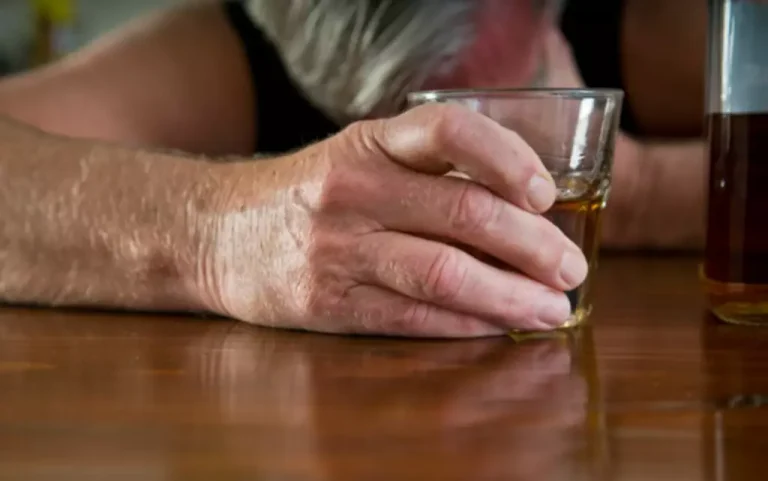
It breaks my heart, and equally makes me depressed about the situation. I do not miss being with my husband, but I am suffering from severe anxiety and depression as it is still early days for me. I am scared about the future for my daughter, and for myself as well.
Women For Sobriety
If none of these options sound good to you, you can build the recovery community you feel is lacking in the world. Start a group in your area or on a social networking site like Facebook, and watch it grow. Take our short alcohol quiz to learn where you fall getting sober without aa on the drinking spectrum and if you might benefit from quitting or cutting back on alcohol. In summary, if AA doesn’t feel like the right fit for you, there are many options and many effective paths to choose from to better match your needs and beliefs.
What are some alternative programs to AA for staying sober?
One benefit of staying sober without AA is the ability to customize your own recovery plan. Without the constraints of a specific program, you have the freedom to explore different treatment options and find what works best for you. Staying sober is a challenging and complex journey that requires a lot of effort, commitment, and support. While Alcoholics Anonymous (AA) has been the traditional go-to solution for people struggling with addiction, it is not the only path to Sobriety. In this short video, they describe bringing a water bottle filled with vodka to bring to school. A chance opportunity to go to a meeting led them to choose sobriety in A.A., where they found friends, meaning and a new way of life.
Build Healthy Relationships

Yet recent evidence suggests that less than 50 percent of people use that method of recovery today. When learning how to stop drinking, seeking professional help and support is of paramount importance. The guidance of a licensed therapist, https://ecosoberhouse.com/article/recommended-vitamins-for-recovering-alcoholics/ counselor, or addiction specialist can be invaluable. They’ll provide you with the necessary tools and strategies to navigate the challenges of recovery. Recognizing and avoiding triggers and temptations is key to maintaining sobriety.
- Each person is encouraged to find their own method of encouraging their sober self within a LifeRing program.
- Try to incorporate exercise into your daily routine, even if it’s just a short walk.
- Celebrating your progress reminds you of your strength and determination to maintain sobriety.
- The pathway to sobriety can be a rollercoaster, and slips are not unheard of.
- You should also consider joining support groups outside of AA.
- Besides physical activities, another effective self-help strategy is journaling.
- When we’re by ourselves, our conversations are about our daughter or tediums of daily life—or else we are silent.
- They can help to identify how mental illness played into excessive consumption of alcohol and provide specific methods for overcoming those challenges.
It can even reduce pain, anxiety, and alcohol cravings, according to a 2018 review of mindfulness research as it relates to AUD (8). Check with your health insurance provider, ask friends for referrals, or browse therapy directories like Psychology Today and GoodTherapy. A 2014 study showed that “baseline motivation and self-efficacy” are key predictors of moderation success (5). In other words, those who are motivated and believe they can successfully moderate their drinking tend to have the best results. These are impressive numbers that speak to the tremendous good AA does. But, if this study is typical, AA doesn’t help more than 75% of people who try it.
Community Support
For many people with a substance use disorder, it’s simply a matter of never having learned the appropriate way to manage anger. Talk to your therapist, other healthcare provider, or sponsor about how to deal with your anger in ways that won’t cause you to harm yourself or others or turn to alcohol or drugs. Moderation Management, This group began in 1993, providing peer support for reduction of drinking-either to lower levels or total abstinence. They state they provide (but do not say how) a variety of behavioral change guidelines and measures for success. They offer 9 Steps Toward Moderation and Positive Lifestyle Change.
Are there any controversial treatments for addiction?
- For more tips, including how to understand why you drink, read on.
- It should not be used to replace the suggestions of your personal physician or other health care professionals.
- I’ve also witnessed the fantastic potential and empowerment that often emerges by building relationships with people in recovery.
- It’s really important to know that you don’t have to go it alone.
- The program’s philosophy emphasizes positivity, practicality, and staying focused on the present.
Catch Up on Care and Feeding

